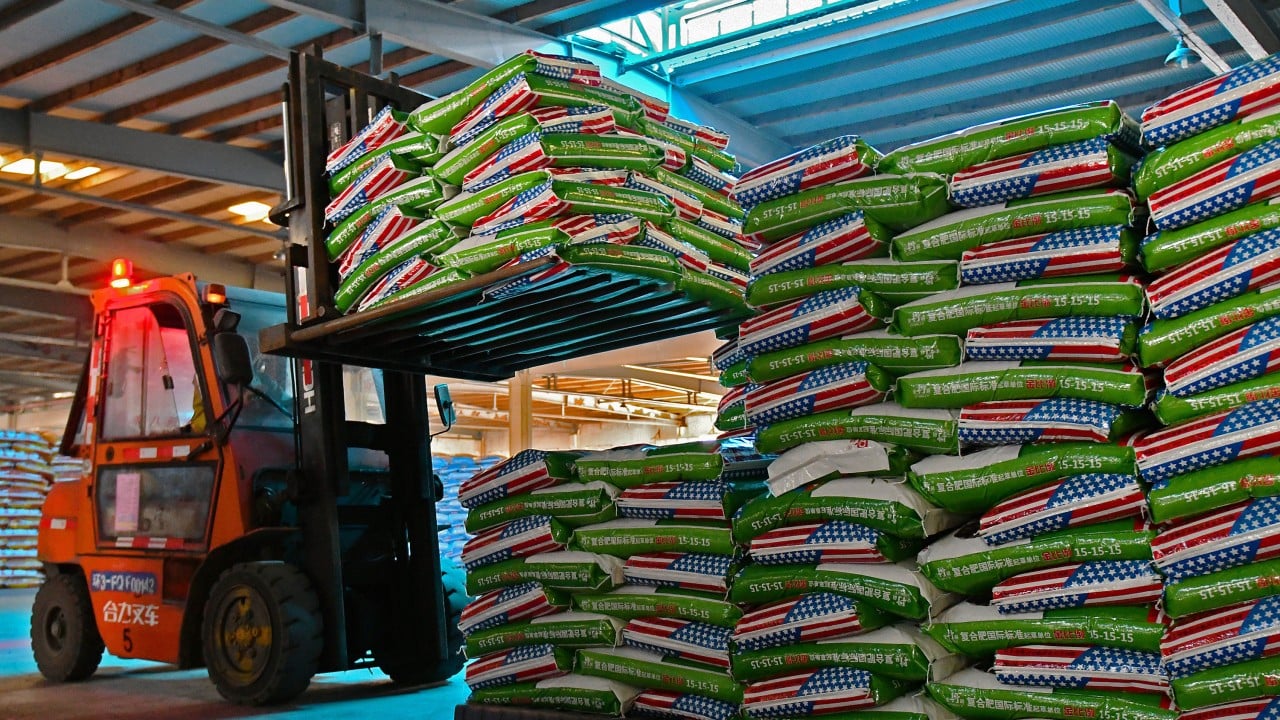Chinese exporters appear to hold significant bargaining power in their trade with the United States, according to an estimate from one of Beijing’s top investment banks, carrying 9 per cent of the cost burden created by the tariffs US President Donald Trump levied earlier this year.
Advertisement
The findings from China International Capital Corporation (CICC) run contrary to earlier claims by US officials – including Treasury Secretary Scott Bessent – that Washington has been on the winning side of the global tariff blitz rolled out in April.
“US importers, sandwiched in the middle of supply chains, find it difficult to fully pass costs to the end market or shift the burden entirely to exporters, so they cope by compressing profit margins,” CICC analysts Liu Gang and Yang Xuanting wrote in a note published on Sunday.
The research from CICC – a partially state-owned institution – was carried out to address the hypothesis that exporters could reduce their prices to mitigate tariffs. The authors attempted to calculate cost sharing through a regression analysis comparing shipment sizes, tariff rates and price changes in US imports.
From April to July, for instance, the average price of goods imported from China dropped 2.4 per cent against an effective tariff increase of 27 percentage points.
Advertisement
“It partly showed that Chinese goods have a strong competitive edge and bargaining power,” the analysts said.

